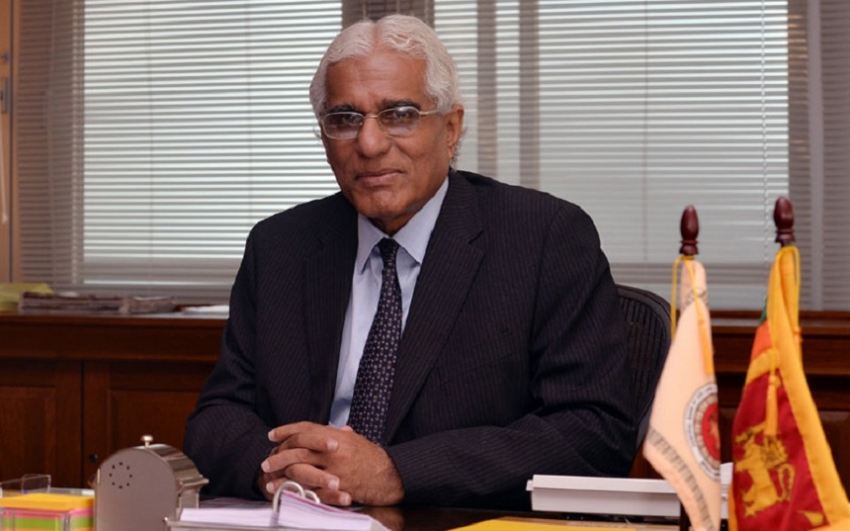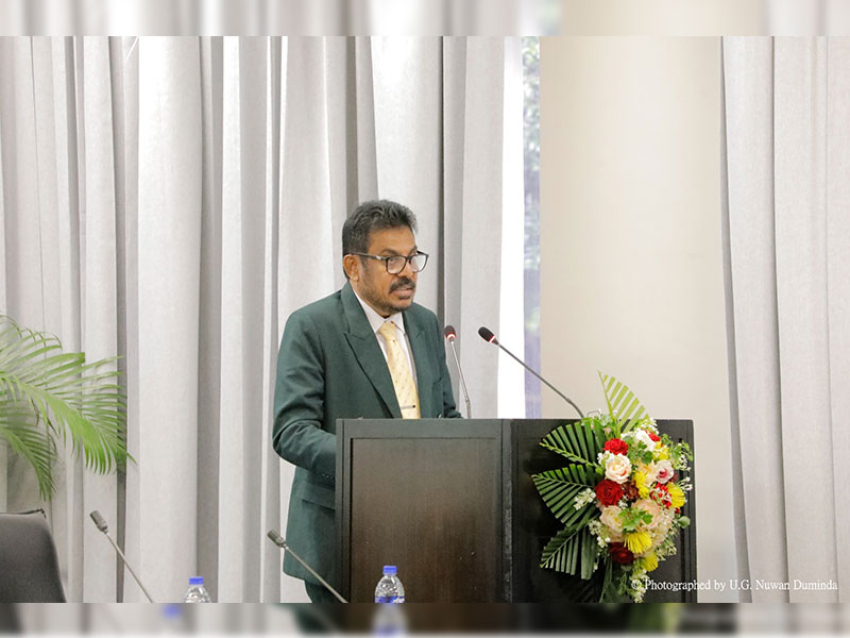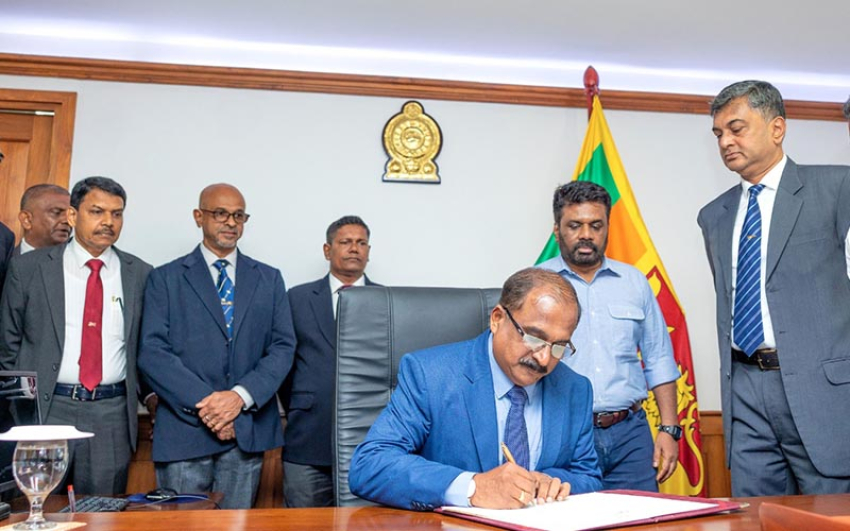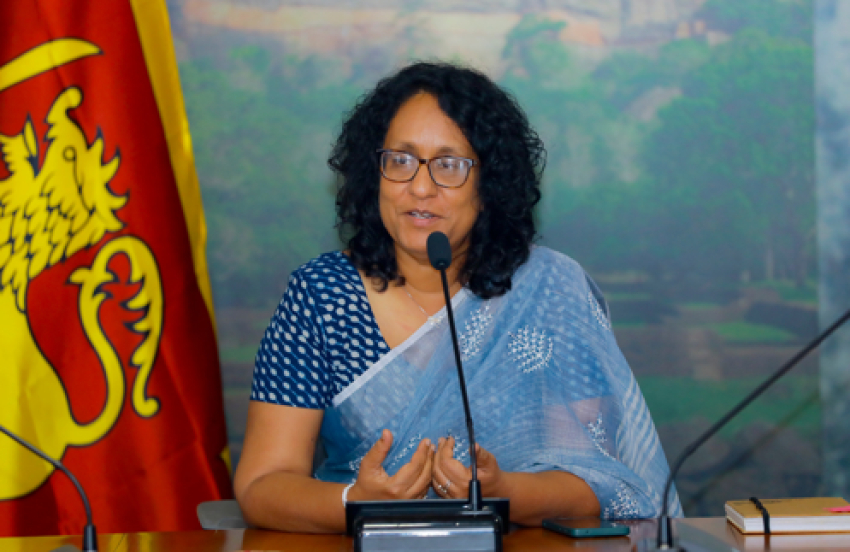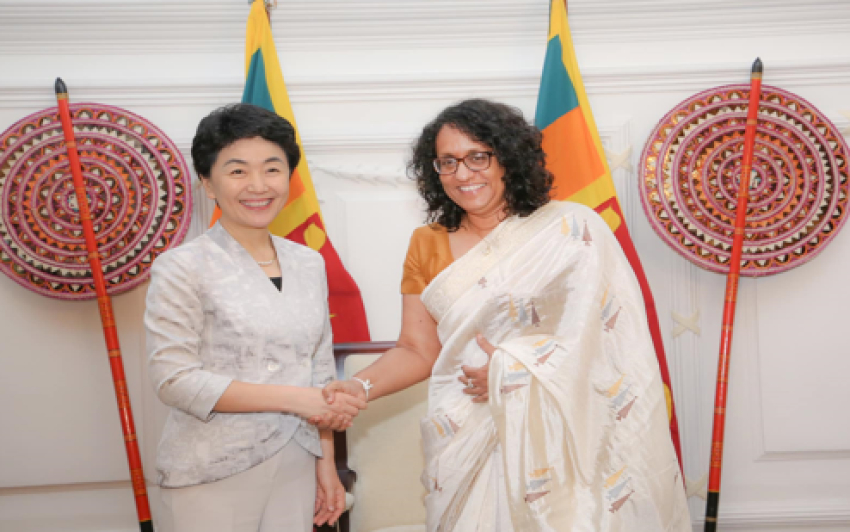“Initial estimates suggest a loss (in tourism revenue) of USD 1.3 billion, from USD 5 billion to USD 3.7 billion. Tourism has an import component of about 30 percent. So the loss (net foreign exchange) is about USD 900 million. We initially placed projected reserves of USD 8.2 billion at the end of this year. If left with about USD 7.3 billion reserves at the end of the year, that is a manageable number. It will let us meet all our obligations,” the governor said.
Explaing further he said, “Look at our international sovereign bonds, particularly the dual tranche issuances in March of this year. As of April 18, the yield had come down by 70 to 80 basis points. (Post incident) it has gone up by 50 to 60 basis points. (This is) still 10 to20 basis points within the issuance price. In terms of financial markets, the impact has been contained.”Dr. Coomaraswamy said there had been some outflow from the rupees denominated government securities market post event but this had reversed in the recent past. He cited the largest ever rupees denominated government bond auction as a great success. He said, “Since April 21, we have had four Treasury bill auctions and on each of those occasions the yields have come down.”
“The security sector arrested people involved in the attacks and the unrest afterward. If there is a good recovery, a boom back, because the security situation has been stabilized effectively then the slow down on the economy can be contained.”Dr. Coomaraswamy called for improved sentiment and confidence of economic agents. He said tourism accounts for only 5 percent of government VAT receipts. “If there was a slowdown in the economy there would be an impact on revenue. He noted that the IMF was accommodative of such a slowdown as it was due to special circumstances.”“The government is likely to have to increase defence expenditure. They are looking to see if they can manage as much as possible within the defence allocation by way of reprioritizing the expenditure,” he added.

